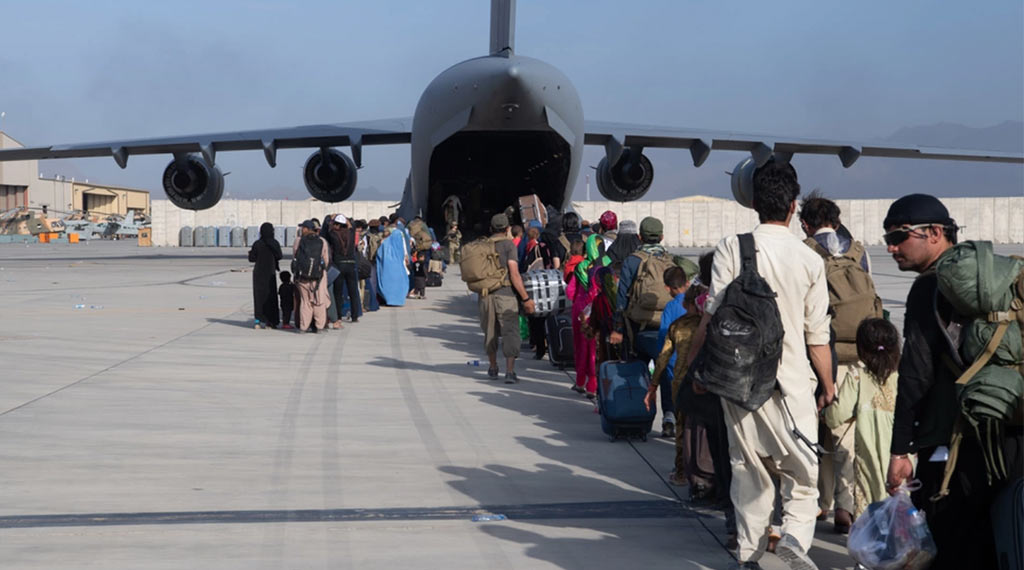It has now been more than a year since the US completed its withdrawal from Afghanistan on Aug. 30, 2021, ending its 20-year military presence in the country. August of 2021 was the worst of months for the Afghans. It was a turning point in their reasonably new lives, featuring their government’s collapse, President Ashraf Ghani’s departure and the Taliban taking control of the capital city, Kabul.
In the space of a month, the whole country went back in time. It was as if the last 20 years had not happened. As Voice of America reported: “The dress code of both men and women had changed. Almost all of the men were now dressed in shalwar kameez rather than the previously popular jeans or pants. Women had simply disappeared from the streets of Kabul.”
Since the Taliban’s return to power, human rights violations have increased, especially against women, while the local economy has collapsed and the horror and fear of the radical movement’s brutality has forced thousands of people to flee the country. The American debacle in Afghanistan reflected President Joe Biden’s approach to dealing with his country’s foreign policy, despite his announcement that America had returned to the international fold during his inauguration.
The international community was shocked by how the US leadership conducted its withdrawal plan — if there was one. It failed to inform its European allies on the ground and abandoned the democratically elected government, knowing that the country would fall into the hands of the Taliban. Afghan partners, who worked hand in hand with the American and NATO soldiers and reconstruction teams, were disappointed by the White House’s actions.
On July 8, 2021, Biden said from the White House that he did not trust the Taliban, adding: “But I trust the capacity of the Afghan military, which is better trained, better equipped and more competent in terms of conducting war.”
While denying that the intelligence community had assessed that the Afghan government would likely collapse, Biden reiterated his country’s commitment to stand by the people of Afghanistan following the withdrawal. The president told reporters that he personally informed Ghani that Washington would not abandon Kabul. He said: “I want to make clear what I made clear to Ghani: That we are not going just to walk away and not sustain their ability to maintain that force. We are. We’re going to also work to make sure we help them in terms of everything from food necessities and other things.”
Taliban leaders declared victory following America’s evacuation of its embassy in Kabul on Aug. 16, 2021. Washington had failed to preserve the existence of a loyal Afghan government.
“The appearance of U.S. Department of Defense (DoD) visual information does not imply or constitute DoD endorsement.”
- Iran’s ambitions undermine peace in the Middle East - October 18, 2024
- Moderate Muslim voices deserve to be heard in America - July 25, 2023
- Specter of Afghanistan debacle haunts Biden - May 25, 2023

